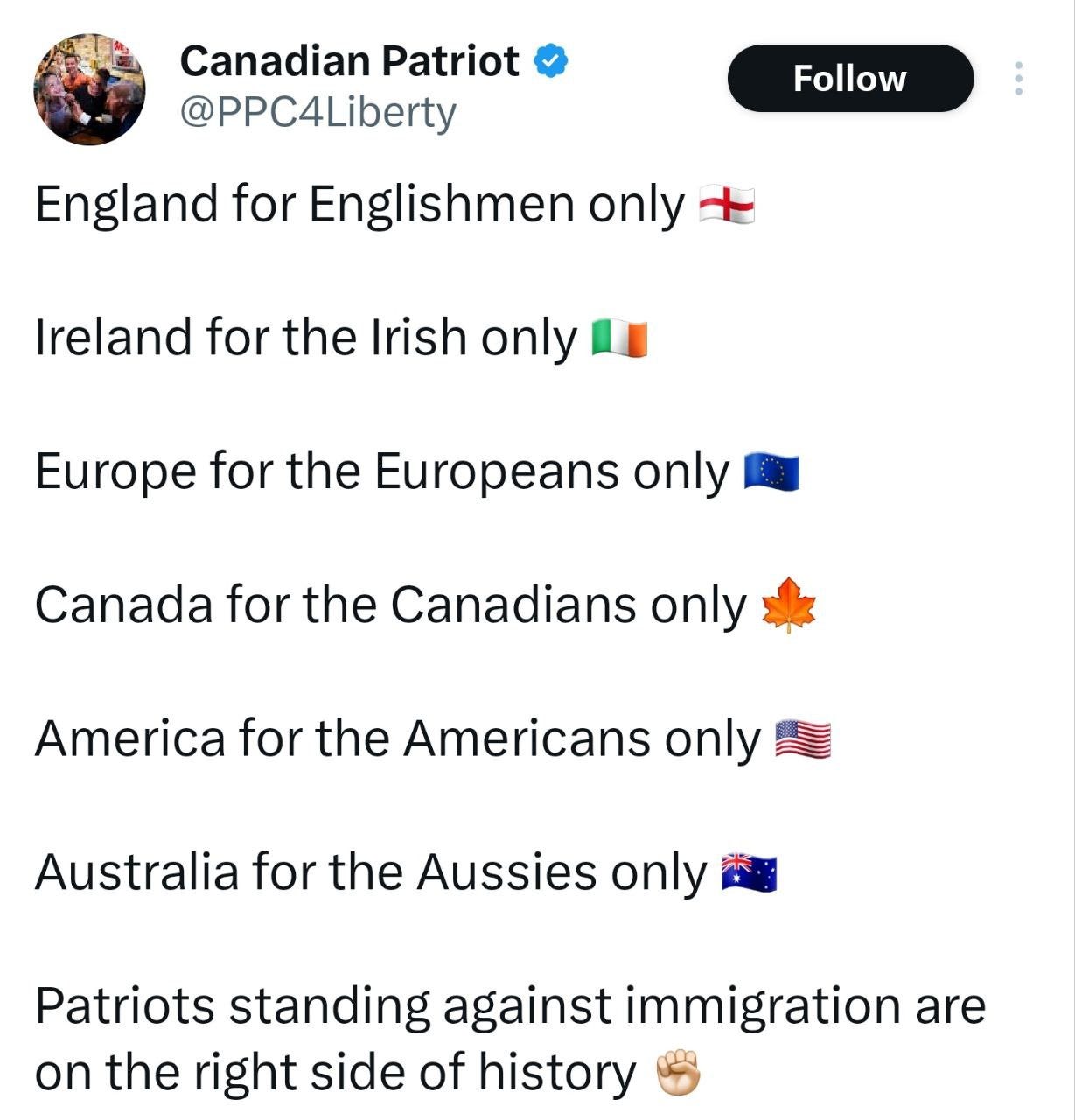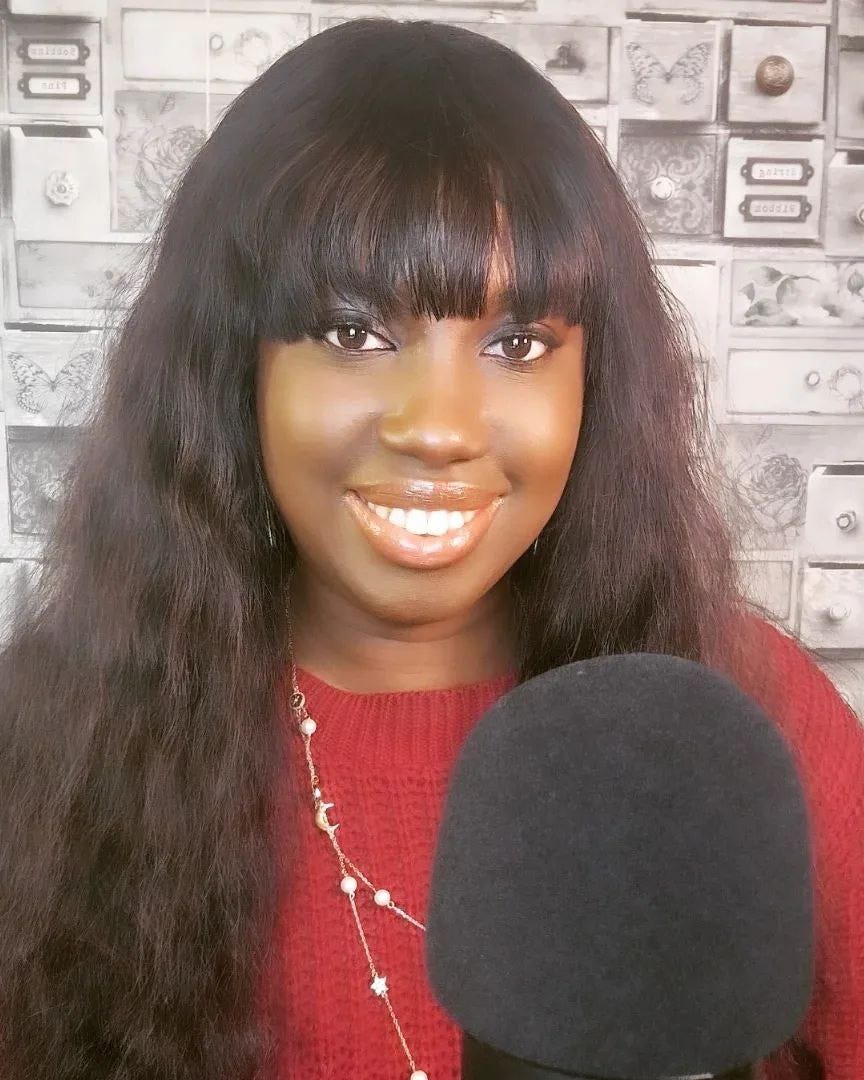Why Is Britain Lashing Out, And Where Do We Go From Here?
Examining Recent Turmoil in British Society
An abridged version was originally published on Psychreg.
A supermarket burnt to the ground. A citizens advice bureau, which provides crucial advisory services to the local community, also went up in flames. Local stores vandalised and Police officers wounded.
These events occurred during recent “anti-immigrant” protests in various major cities across the UK. The unrest started following the abhorrent and brutal murders of three children in Southport by a teenager born in Cardiff to Rwandan parents.
These recent incidents are reminiscent of the fiery scenes witnessed during the Black Lives Matter protests, particularly those that occurred in several US cities. During those demonstrations, protesters were said to be expressing their frustrations at feeling unheard and marginalised.
Similarly, some British citizens currently feel that their own frustrations are constantly dismissed and have gone unacknowledged. These frustrations relate to various issues, including mass immigration, perceived lack of integration from incoming migrant groups, increased lawlessness and social disorder, and accusations of double standards and two-tier policing methods.
There is also a sense among many that their values and national identity are relentlessly demonised, while foreign nationalities, cultures, and ways of life are being lauded at the expense of their own.
Any reasonable and politically unbiased person can sympathise with these complaints. The hostility, intense confrontation, and harsh, often brutal treatment faced by those who wish to 'fight for their country' and 'defend British values' have noticeably contrasted with the docile and almost indifferent response of the police during demonstrations where most participants were from a “minority group.”
Several videos circulating online have documented the unequal treatment by law enforcement. In some instances, counter demonstrators were seen waving weapons in the presence of police, with little to no action taken. One particular video shows a police liaison officer apparently "reasoning" with another group of Muslim protesters, advising them that if any were in possession of weapons, they could hand them in at a local mosque. This approach has rightly raised serious questions about the motivations behind such lenient treatment and the overall integrity of policing procedures.
The officer's approach appears to have an infantilising tone, treating adults as if they were children in need of gentle guidance rather than enforcing the law. Possessing a dangerous weapon is a serious and illegal offence that can carry severe penalties. Therefore, why isn't it being treated with the same gravity when it comes to certain communities?
Equally concerning is the apparent lack of coverage from mainstream media outlets regarding this incident. This silence contributes to growing frustrations among the public, as many feel that there are different rules for different groups within society.
Furthermore, the suggestion to use mosques as weapon collection points rather than police stations is particularly telling, as it certainly lends validity to the idea that there are parallel societies within our larger community. A society cannot function cohesively if different ethnic groups coexisting within it follow different sets of rules, norms, or expectations, or if separate communities operate under separate systems.
Identity politics has poisoned law enforcement practices in many ways. The hesitancy to confront or arrest individuals from minority groups, even when they’re committing serious offences, seems rooted in a misguided attempt at cultural sensitivity that ultimately undermines the very principle of equal justice under the law.
The seeming bias in how various religious and social groups are treated is a legitimate source of frustration. There have been other instances for example where Islamic preachers freely express and vocalise their beliefs on public streets, which in itself is not inherently problematic in a society that values freedom of expression. However, a significant issue arises when a Christian engaging in similar behaviour is perceived as so offensive to others that it results in their arrest.
During the BLM marches, we witnessed police officers taking a knee in solidarity with protesters and engaging in conversations with demonstrators in an effort to understand their perspectives and grievances. Yet that same level of compassion and eagerness to understand was noticeably absent when the protests started. Instead, these events have been met with what appears to be sheer disdain and antagonism from authorities. One is right to question why certain groups seem to be afforded more latitude and understanding from leaders while others receive harsher responses.
It goes without saying that we must unequivocally condemn the violence and disorder in the recent disturbances, regardless of whether their cause is seen as justifiable or understandable. Just as we condemned the chaos during some BLM marches and Palestinian protests—where police officers were sometimes assaulted and historic monuments were defaced—we must also denounce the violence and disorder in these recent riots.
Such disruptive and violent scenes primarily affect ordinary citizens who live and work in the local communities where these events take place. These individuals and businesses, who have had no part in the decision-making processes of policymakers and national leaders, often bear the brunt of the chaos and disruption.
Violence and disorder are counterproductive to the causes these groups seek to advance. They shift public attention away from the core issues being protested, focusing instead on the acts of destruction themselves. This inevitably results in a loss of public sympathy and support, even among those who might otherwise be sympathetic to the campaigners' concerns.
We must also address the racism displayed by some bad actors in these demonstrations. Just as certain individuals during the BLM movement exploited sincere concerns of many to spread anti-white sentiment, and some in the Palestinian marches used genuine grievances to fuel anti-Jewish rhetoric, there are now those within these patriot rallies who are taking advantage of widespread discontent to promote anti-immigrant hatred. It's crucial to distinguish between legitimate apprehension about mass immigration and outright hostility toward immigrants. The latter is not only wrong but often carries racial undertones.
The challenges facing Britain are indeed significant, however we cannot accept that the situation has deteriorated to a point beyond redemption. There are still numerous avenues for peaceful resolution and societal improvement that have yet to be fully explored or implemented.
To address these pressing issues, several key steps need to be taken:
Leadership Accountability: Our political leaders must step up and take decisive action to address the root causes of societal discontent.
Eliminating Double Standards: There needs to be an end to preferential treatment for different demographic groups.
Combating Misinformation: We must also address the growing tendency to jump to conclusions impulsively when events occur. The rapid spread of misinformation, often fuelled by social media, only serves to exacerbate tensions and cloud rational judgement.
Reinvesting in Common Humanity: In times of heightened emotions and reactivity, discussing common humanity may seem out of touch or tone-deaf to some. However, this approach is crucial for bridging divides and finding sustainable solutions. Focusing on our shared humanity doesn't mean ignoring real differences or legitimate grievances; rather, it provides a foundation for constructive engagement and collaborative problem-solving. We should view reinvesting in our common humanity not as an idealistic concept, but as a practical necessity for creating a more cohesive, just, and peaceful society. Crucially, this task requires participation from all members of society, not just those in positions of power.
Britain has a long history of overcoming adversity through resilience, innovation, and cooperation. We are well able to focus on constructive approaches rather than entertain notions of conflict. It certainly will require patience, commitment, and a willingness to engage in difficult conversations and make sometimes uncomfortable changes. However, this approach is infinitely preferable to the unthinkable alternative of civil strife.
Ada is the Head of Content at The Equiano Project. Subscribe to The Equiano Project YouTube channel HERE.





I appreciate your thorough analysis of this subject from a non-European perspective. However, I'd like to add some nuance that's missing from your discussion. Over the past thirty years, European countries, particularly the UK, have seen a significant influx of immigrants, many of whom are strict Muslims. This has led to the establishment of insular communities with little consultation or integration, where the minority imposes its will on the majority, often supported by government and police. As a result, many people feel threatened in their own country. There have been numerous calls to address immigration and promote societal cohesion, but these have often been ignored. In Europe, unlike in the US, we lack certain protections such as the First Amendment, making it easier for voices to be silenced under the guise of hate speech. While I do not condone violence and am not opposed to immigration, allowing large numbers of people with values that starkly contrast with democratic principles inevitably leads to problems, and it seems that moment has now arrived. The typically polite and reserved nature of the English has perhaps delayed this confrontation, but it has been building for a long time.
Ada, that's a really good article, which I will be posting on Facebook and distributing to friends.